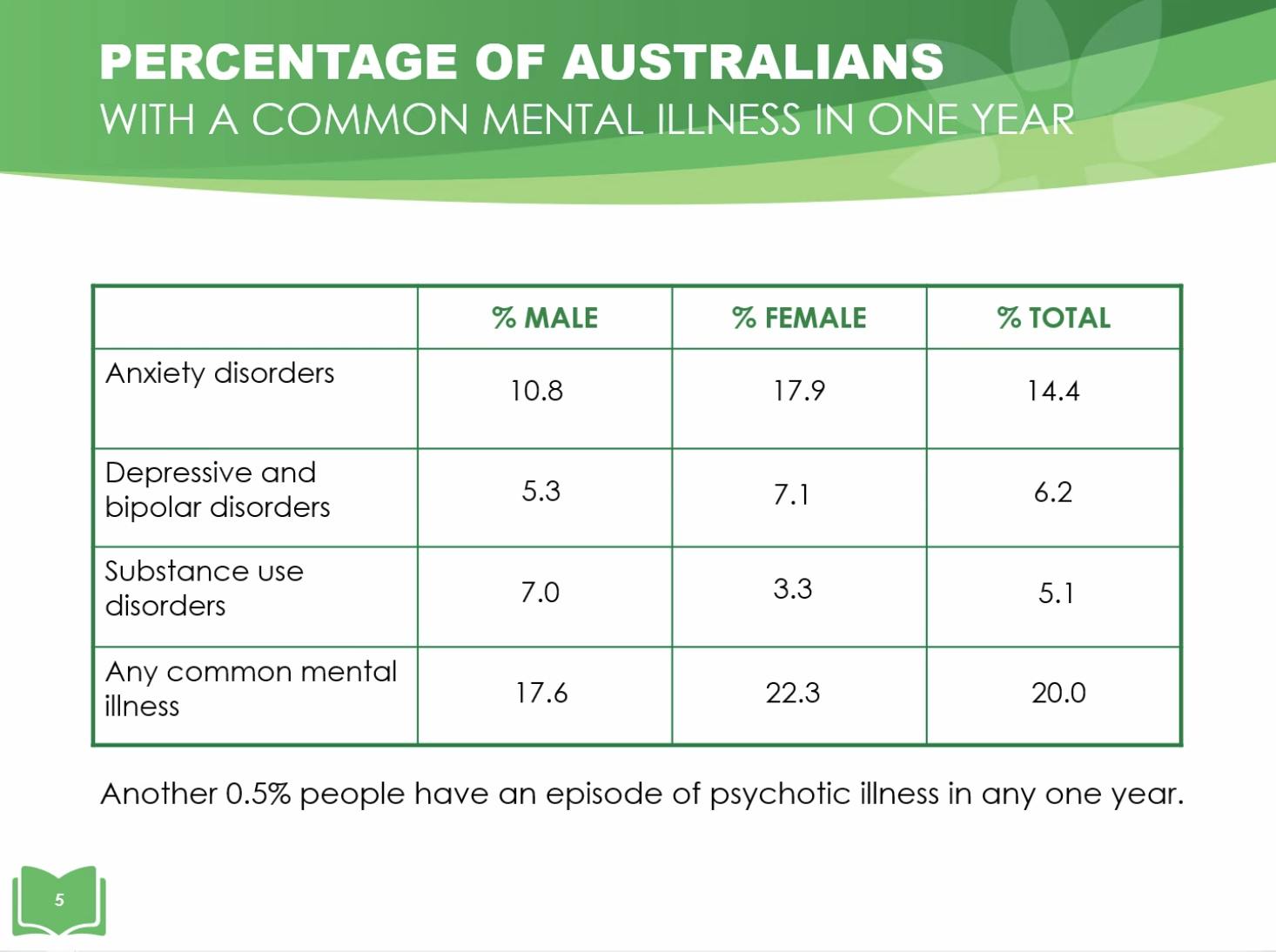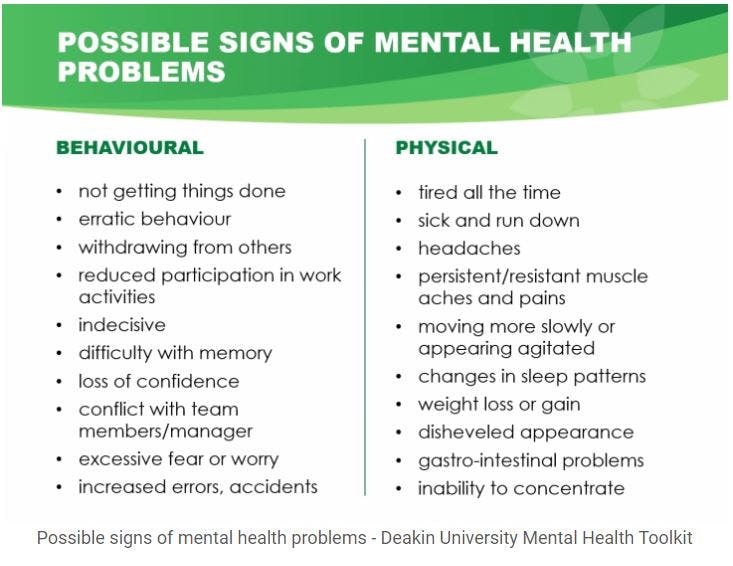Can An Executive Coach Help With Mental Health?
Posted by Alexandra Lamb
We’ve recently seen several world-class athletes bow out of competition for mental health reasons, highlighting that mental health and physical health are equally important and should be treated as such. Simone Biles and Naomi Osaka being two high-profile examples. They have shown us that just as they wouldn’t be embarrassed to have a sprain, fracture, or cold, likewise they shouldn’t be embarrassed if they’re experiencing anxiety or depression. We can understand this in the context of the high pressure and visibility of these athletes' lives, however the same applies in our everyday lives.
Research Into Mental Health & Executive Coaching
Research has been conducted on COVID-related mental health strategies for professionals by several credible thought leaders, including Mehrsafar in the journal “Frontiers in Psychology”; Rossi, Chair of Department of Medicine, University of Rome; and, Khalid of KIMEP University, Kazakhstan in Annals of Contemporary Developments in Management & HR to better understand the myriad damaging impacts of COVID-19 on the mental and physical of professionals. This research is hyper-relevant today and highlights how the pandemic has affected professionals in all walks of life. In summary, this research has found that:
- The mental health, life satisfaction, and mood states of elite athletes have been negatively influenced during the different phases of the COVID-19 pandemic. It was evidenced that dynamic changes occur on several psychological levels for athletes in their prime professional years, whose performance and competition opportunity is impacted by current global circumstances. Specific programs were recommended to support training rate, mental health, mood states, and life satisfaction to impact the mental wellness of athletes, demonstrating the need for acute resources to meet the needs of this time.
- Italy, the hub of exotic fashion brands was hit the hardest in the first wave of the pandemic and the local professionals experienced post-traumatic stress symptoms (PTSS), depression, anxiety, insomnia, and perceived stress because of discontinued working activity. Whereas, working more than usual due to the COVID-19 was associated with PTSS, perceived stress and adjustment disorder symptoms (ADS) suggests that the unique characteristics of the COVID-19 pandemic exerted an independent effect on the mental health of professionals.
- Studies have reported that professional coaching in organisations can help deal with managing transformation occurring during crisis, both financial as well as mental. It was concluded that executive coaching can proactively help in resolving any work-related issues, such as decreased wellbeing related to COVID-19. Through utilising coaching, organisations can actively help and facilitate their employees to overcome issues they are currently experiencing from work or personal life by creating forward-looking goals and reflecting on skills gained through crisis.
Mental Health Statistics
The following statistics represent the major mental health illnesses in Australia from 2018, however, these stats represent only the people who have been diagnosed, and the statistics were gathered before COVID. As financial strain is one of the greatest triggers of mental health issues, we can expect these numbers to be much higher in today's reality.

Percentage of Australians with a common mental illness in 1 year - Deakin University Mental Health Toolkit
Realising any of the behavioural and physical symptoms of mental health from the following list is the first step towards cognisance and bringing about a discussion regarding support and resources to the coachee. All professional career and executive coaches need to be trained in how to identify and raise awareness of these issues, and should be ready to make referrals to other professionals where needed.
In the scenario of professional career coaching or executive coaching, we’re dealing with mental models, behaviours, and emotions all the time - sometimes this is within the range of ‘health’, where we’re optimising a professional's skillset and habits to enhance an existing success story. However often ‘successful’ people have mental health issues intertwined with high functioning competencies, so where do we exactly draw a line in coaching?
In our executive coaching contracting process, we’ll always raise awareness regarding the boundaries of coaching and mental health. A coachee can certainly undertake both coaching and psychoanalysis or counselling in parallel to coaching, however we need to be clear on the boundaries and objectives of each. Most professional executive coaches will be clear in this up-front process about the confidentiality of coaching, except for situations where they are concerned about self-harm. So a coachee should be assured that their coach will hold their mental health in the highest regard, and will help you explore feelings of depression and anxiety, particularly with regards to the duration and severity of the experience so they can refer resources and professionals appropriately. We're looking out for the following:
Possible signs of mental health problems - Deakin University Mental Health Toolkit
Can I Get Coaching If I Have Mental Health Challenges?
Absolutely. If you’re experiencing mental health challenges, this doesn’t preclude you from making systematic skills improvements and attaining your career goals. It’s normal. It happens to most of us at some stage in our lives, so don’t hesitate to share your mental health status with your coach – we’re here to help you. We recommend that if you're already aware of your mental health challenges, you can consider working with a professional or reaching out to your local resources to address this first, however a coach can certainly help you to find the right resources for you, and define your professional development goals in parallel. Consider some of these resources:
Reach out to us on connect@boldly.app or go to boldly.app to find out more about BOLDLY and our offerings.
About the Author:
Alexandra Lamb is an accomplished organisational development practitioner, with experience across APAC, North America, and MENA. With 20+ years in professional practice, conglomerates, and startups, she has collaborated with rapid-growth companies and industry innovators to develop leaders and high-performance teams. She is particularly experienced in talent strategy as a driver for business growth. Drawing from her experience in the fields of talent management, psychology, coaching, product development, and human-centred design, Alex prides herself on using commercial acumen to design talent solutions with true impact.





